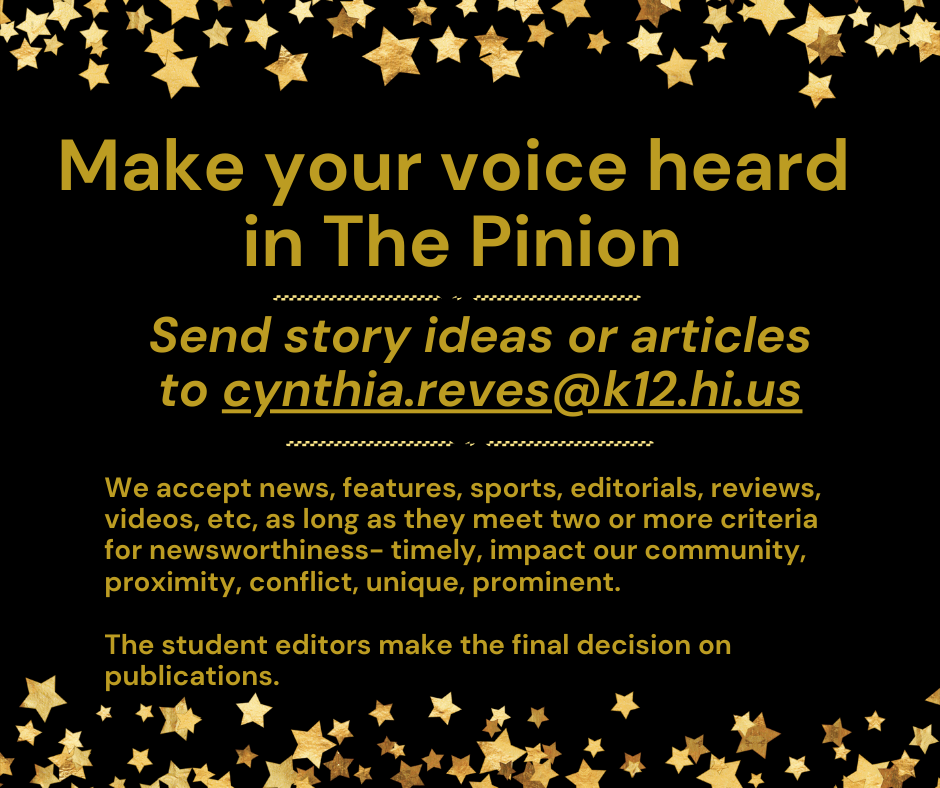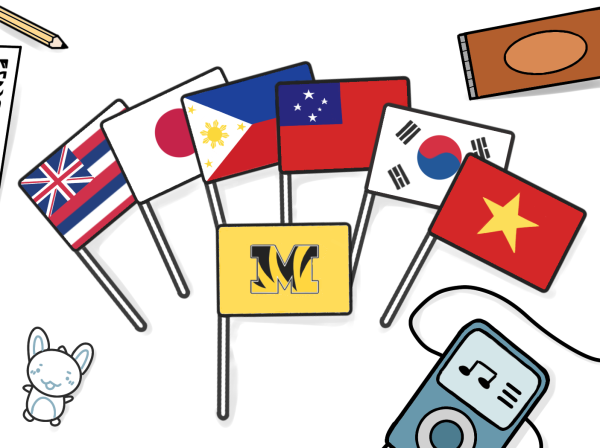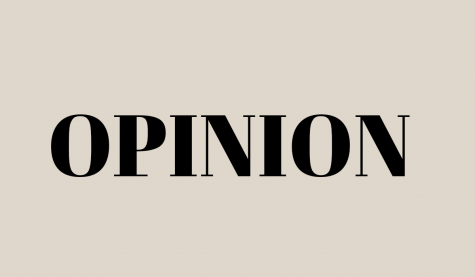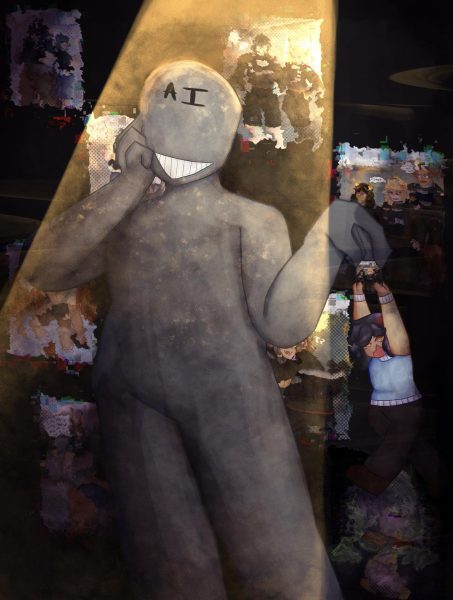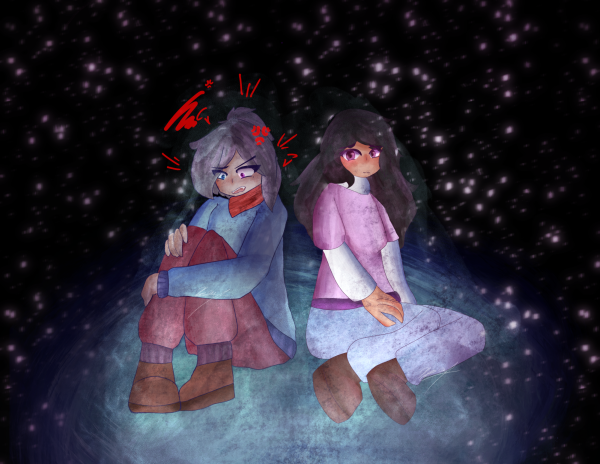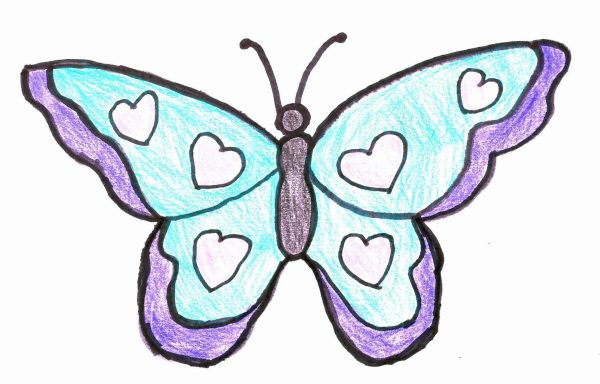First Amendment allows freedom with limitations
April 15, 2014
What if the United States did not have the First Amendment? What kind of world would we live in?
Everything on television and the internet would be monitored and anything slightly controversial would be taken down. Journalists, writers, publishers, artists and musicians would have to be careful about what they write about and make sure that their work would please everyone. Ordinary people would not be able to wear things they want because some could be seen as inappropriate. All these people would be limited in their rights for the fear of going to court to fight a hopeless battle.
Luckily, this is not the case for the society we live in today. Of course, there are instances when things people do or say are not protected, but other than that, we have the right to express ourselves.
In Free Speech: From Newspapers to Music Lyrics by Karen Zeinert, I was able to read about the different court cases concerning the First Amendment.
Being a part of The Pinion, the court cases of Tinker and Hazelwood stood out. If you are unfamiliar with this case, it concerns the rights of high school students.
The court case of Tinker v. Des Moines Independent Community School District was about three high school students who wore black armbands to protest the Vietnam War. Despite having rights to silent speech, they were suspended. One of the courts they first went through favored the school because they believed that the “armbands might cause a disturbance” (Zeinert 85). However, the Supreme Court favored Tinker with a seven to two vote. The book included an interesting quote by Justice Abe Fortas that you can read if you read the book for yourself.
The court case of Hazelwood School District v. Kuhlmeier concerned a school newspaper, called Spectrum, that had wanted to print stories about teen abortion and effects of divorce on students but the principal ordered “the staff to drop the pages on which the controversial stories appeared” (Zeinert 12). The case lasted five years in lower courts before ending up in the Supreme Court. There, the court voted five to three in favor of the principal. This was a shocking verdict since the Tinker case a years before had allowed freedom for high school students. The verdict for Hazelwood lessened the freedom students had. In addition, Hawaii is a Hazelwood state so student newspapers here would have less freedom than those in Tinker states.
This book also had information about problems that television, movies, magazines, books, publishers, movies, radios, protesters, etc. faced. For example, it had the reason why t.v. shows and movies have ratings and how controversial books and songs were almost or sometimes banned.
I recommend this book if you are interested in law, rights or the things people had to go through so that we can live in the society we live in today.
The next time you learn about Charles Darwin, listen to songs with explicit words, watch a violent or controversial movie or read something that is full of criticisms, remember that these were once things that people fought to ban. However, this does not mean that you have the rights to say what you want, the First Amendment does not protect everything.




